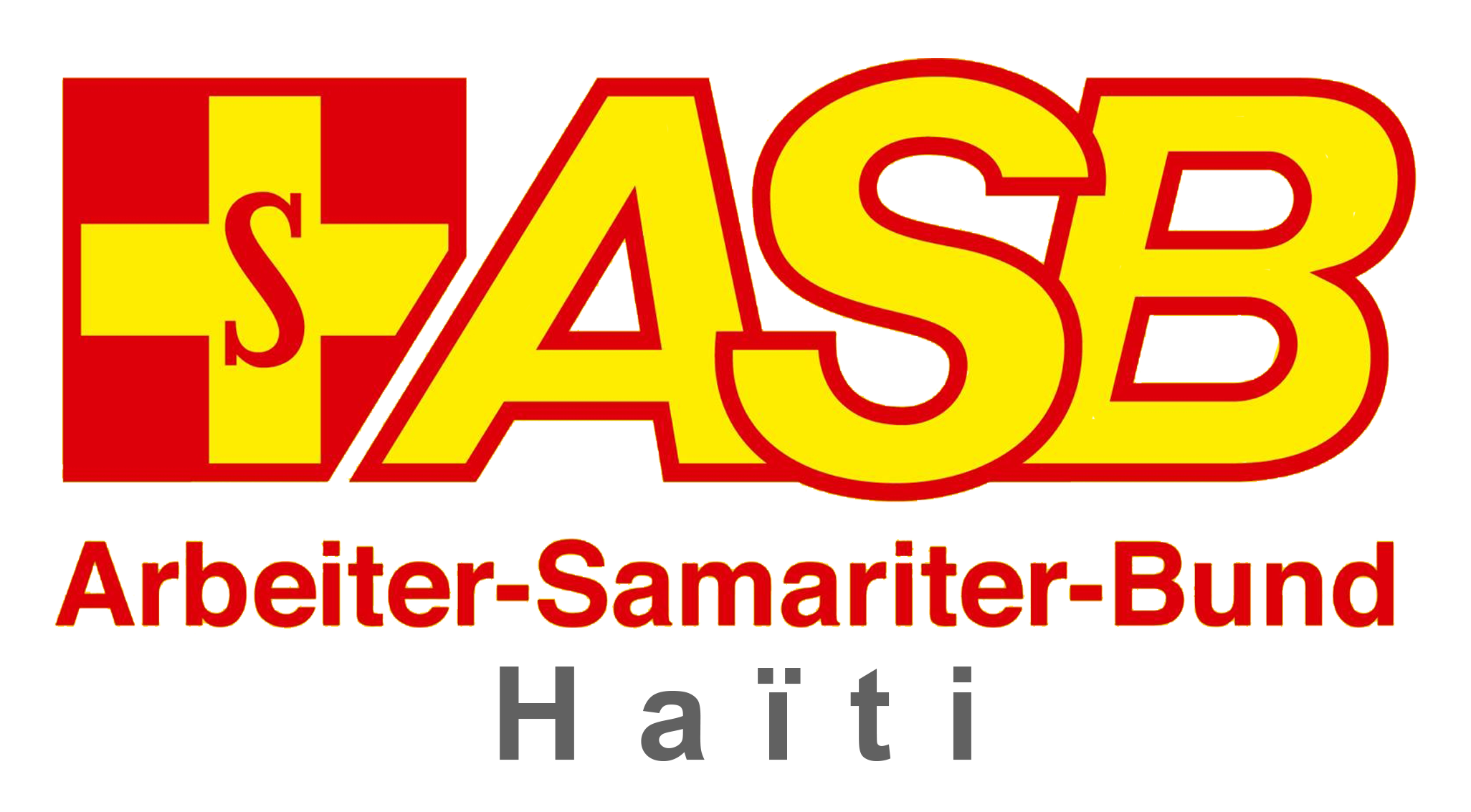Founded in 1888, the Arbeiter-Samariter-Bund (ASB) is a German non-profit, non-governmental, non-political, and non-denominational organization.
Today, the ASB is one of Germany’s leading civil protection and social aid organizations. With 37,000 employees, 11,000 volunteers, more than 220 offices, and 1.2 million members, the ASB is part of Germany’s national civil protection and risk management system, alongside the Red Cross and four other organizations.
Our activities in Germany :
Emergency services
Emergency medical assistance
Social assistance for the disabled, the elderly, and children
Help for refugees: In recent years, ASB’s assistance in Germany has been extended to refugees who have fled war-torn countries to find refuge and safety in Germany. ASB currently cares for an average of 50,000 refugees a day in over 200 temporary shelters across Germany.
ASB has a rapid response team for emergency situations, called FAST, which comprises health professionals, doctors, and other specialists. When a major disaster strikes, the FAST team deploys immediately to provide primary healthcare and access to drinking water.
ASB around the world
In the field of international cooperation, ASB is present in 23 countries and focuses mainly on emergency humanitarian aid in the health, water, sanitation and hygiene and food security sectors. Another important area of work is disaster preparedness and prevention, with a particular focus on the inclusion of people with disabilities and the elderly.
Our strategic goals
We provide people-centred humanitarian responses to alleviate human suffering.
We help to strengthen the resilience of systems, communities and societies.
We apply integrated approaches to social aid and social and socio-economic development.
We enable local and national actors to support people in need.
We follow and promote inclusive approaches in all our work, ensuring that no-one is left behind.
We improve procedures, processes and policies to enhance the quality of our work.
We present our work to external stakeholders in an appropriate manner.
- We have a stable and diversified financial base.
The federal structure allows the SBA to carry out its tasks where its help is needed applied with the flexibility that the culture and context of the territory require, while maintaining institutional harmony. Cooperation and communication within the association create synergies and strengthen cohesion. We support cooperation based on trust and partnership between public, social and private institutions.
In Haïti
Our team pursues the objectives set out in the institutional strategic guidelines, in line with the country’s context and culture. Our mission is to provide our support and services in a spirit of solidarity, with respect for the culture, the pursuit of our partners’ autonomy, and quality standards by adapting to the reality on the ground.
The key elements of ASB’s cooperation policy in Haiti are, in addition to emergency and humanitarian responses in anticipation or occurrence of risks or natural disasters, collaboration in building the autonomy of partners; community and climate resilience and inclusion, by seeking links with other actors and operators; capitalization, sharing of experiences and communication; framework requirements in terms of economic transparency and voluntary commitment to adhere to a code of conduct.
We share and encourage, in particular, the gender and inclusion dimension and approach, as well as respect for the environment.


